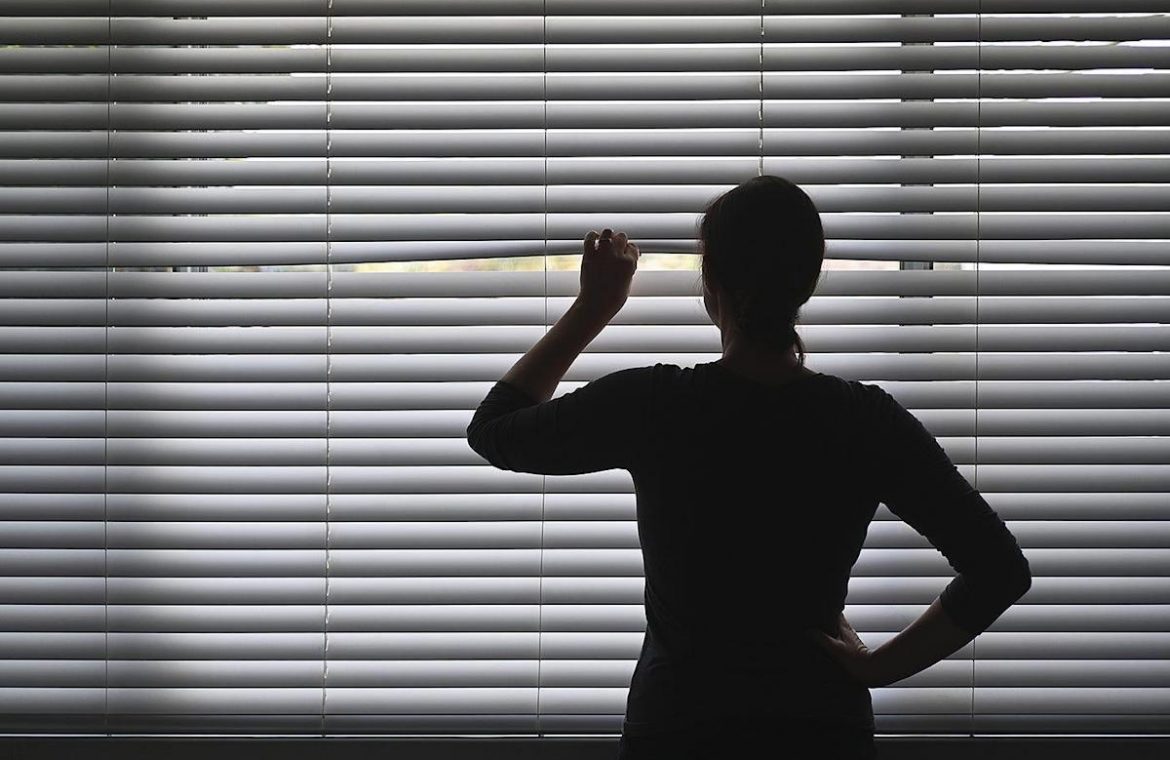[ad_1]
One of the unexpected effects of the ongoing pandemic has been a surge in cases of agoraphobia.
The condition is now keeping an untold number of Americans trapped inside their own homes, according to Dr. Gary Grosel, chief medical officer for UnitedHealthcare of Ohio.
Spring’s arrival: Hummingbirds are back in Ohio — and hungry after long journey
“It’s an anxiety disorder,” Grosel said. “It’s where you really have an excessive fear in different situations that usually leaves someone overwhelmed.”
The National Institute of Mental Health defines agoraphobia as “an anxiety disorder that involves intense fear and anxiety of any place or situation where escape might be difficult.”
Most people who have agoraphobia develop it after having one or more panic attacks, causing them to worry about having another attack and avoid the places where it may happen again.
Fear of attack in crowded public spaces
Some people don’t even realize they have agoraphobia, partly because it’s a disorder that people can develop at any age.
It plagues as many as 2% of adults and adolescents nationwide.
“It’s more common among women,” Grosel said. “Usually less than age 35.”
People who have developed the disorder become afraid that something mysterious might just come at them at any second.
Usually the fear of attack comes upon them when they are outside of the home, such as with strangers in a bus, in an airplane or in any crowded space.
Dr. Gary Grosel
Vinylthon: WRDL deejays to spin nothing but vinyl for 29 hours
“It could be in an enclosed area like a movie theater,” Grosel said. “It could happen in open areas also.”
The disorder entraps people because seeking help flares up symptoms and leads to a new attack.
Those with panic disorders at greater risk of agoraphobia
Agoraphobia can grow from an existing anxiety disorder, or it can come about all on its own.
Statistics show that about one-third of people who have a panic disorder are at risk of becoming agoraphobic.
The disorder typically flares up after a stressful life event, such as a sexual assault or a death in the family — events tend to take place outside of the patient’s home.
Story continues
Planting season: Frost-free date coming early this year on May 2
“If it occurred at a park, they might avoid areas with trees or something like that,” Grosel said. “It’s irrational behavior.”
The doctor said it’s important for people to understand that they can develop agoraphobia at any age, so nobody should assume they can’t get it.
‘Start with a family doctor’
Anyone who thinks they might have developed agoraphobia is urged to talk to a medical professional about the possibility as soon as possible.
“I would start with a family doctor,” Grosel said. “Most family doctors will be able to see the signs and symptoms.”
Putting it off and staying at home to avoid people is not a good practice, and can in fact make the situation even worse.
Ashland: ‘Good music played by good musicians’ – Ashland community band ready for spring concert
“That’s probably the worst thing for agoraphobics is to stay inside,” Grosel said. “The more you avoid it, the more it adds to the disorder.”
If left untreated, agoraphobia can lead to loneliness, depression and alcoholism.
Treatments can begin remotely through telehealth services so that patients can remain in the comfort of their homes, but it’s important that they progress to in-person sessions.
Some patients receive medication that helps level out the amount of serotonin available to the brain.
Other patients visit a therapist who puts them into a relaxed state, then asks questions that cause them to recreate their traumatic experience.
More: Student reading scores dropped in pandemic. Here’s what’s being done to improve skills
“As they help you to manage that, it trains the brain to be able to accept it and eventually get over that,” Grosel said.
Either way, recovery is possible. Options for treatment can be discussed after having an initial conversation with a family doctor, or other primary healthcare provider.
“The main thing is, is it affecting daily activity?” Grosel said. “If it is, that’s a problem.”
ztuggle@gannett.com
419-564-3508
Twitter: @zachtuggle
This article originally appeared on Mansfield News Journal: Agoraphobia has left people trapped at home during COVID pandemic
[ad_2]
Source link




